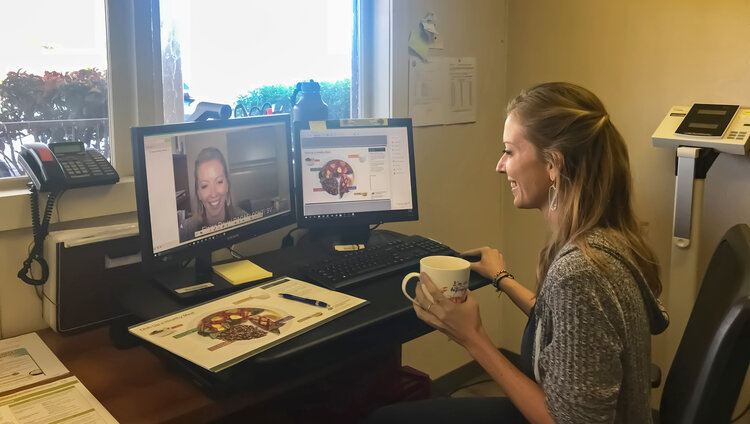Introduction
In the fourth session, Jorrit de Jong, Faculty Director of the Bloomberg Harvard City Leadership Initiative and Senior Lecturer in Public Policy and Management at Harvard Kennedy School, moderated a discussion with Kimberlyn Leary, Harvard Medical School, Harvard T.H. Chan School of Public Health, on stress and mental health during the COVID-19 crisis. Josh Sharfstein, Vice Dean for Public Health Practice and Community Engagement at Johns Hopkins Bloomberg School of Public Health, provided critical public health information, and Tom Frieden, former director of CDC and current president and CEO of Resolve to Save Lives, presented the latest thinking on the conditions necessary to lift restrictions, reopen the economy, and resume city life. President Barack Obama offered advice to mayors on speaking truthfully in his opening remarks.
Key Takeaways
What Mayors Need to Know
Like physical health, mental health is complex and multifaceted, with effects along a broad continuum of wellbeing. Stress and anxiety are universal human experiences—normal and adaptive responses that evolved to keep us safe from threats of all kinds. Prolonged or severe stress, however, can become trauma. Stress is cumulative. For those already under various pressures, the addition of a new source of stress may exacerbate distress.
The most stressful events are those that are negative, uncontrollable, ambiguous, unpredictable, and require significant adaptation. Even for those of us not dealing with the acute stressors of illness, death, and/or loss of income, stay-at-home orders and social distancing disrupt the usual ways we orient and stabilize ourselves—our routines, social interaction, and sense of mastery.




